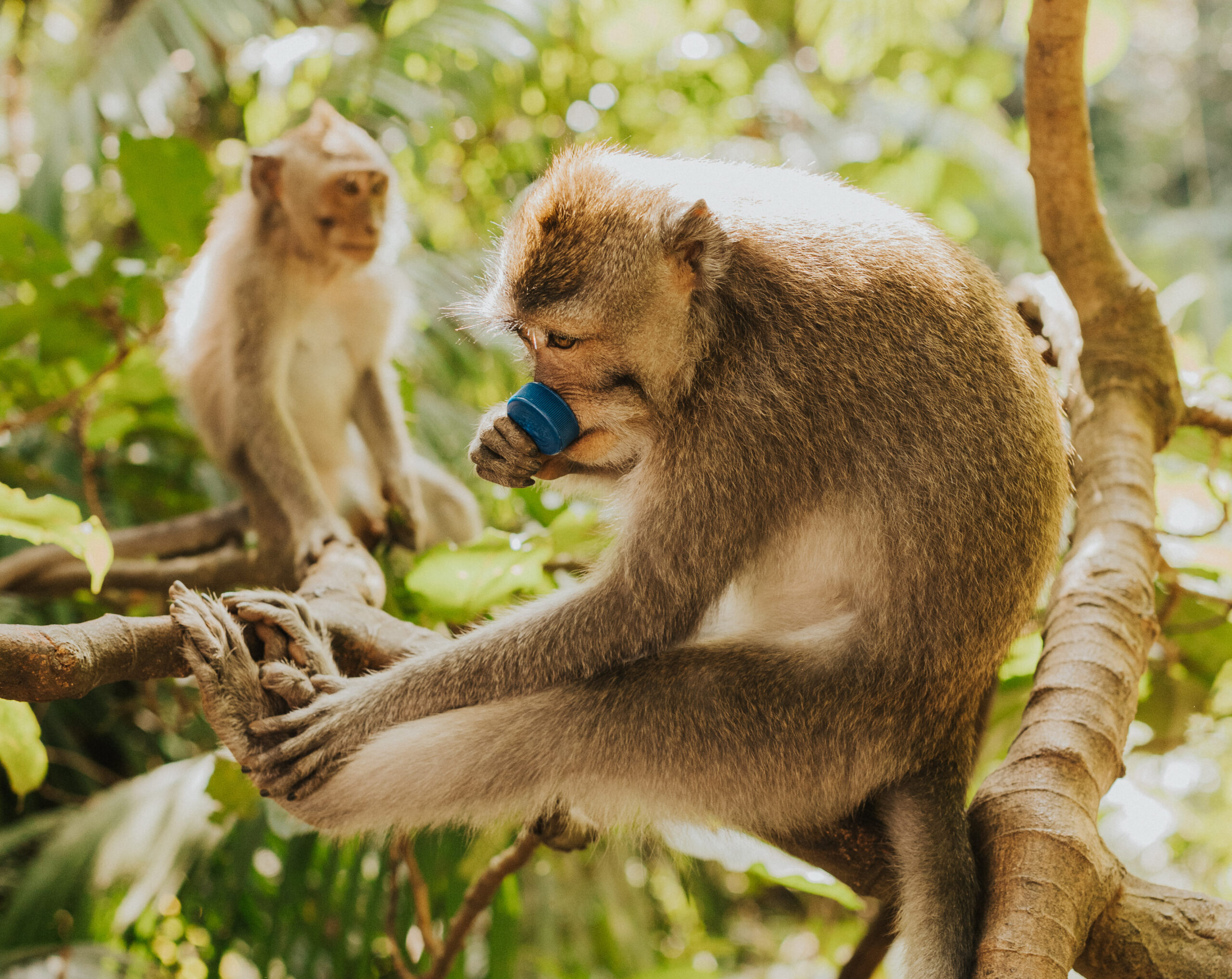7 Principles of Leave No Trace According to the National Park Service
Plan ahead and prepare
Travel and camp on durable surfaces
Dispose of waste properly
Leave what you find
Minimize campfire impacts
Respect wildlife
Be considerate of other visitors
HIKING
Stay on the trails: these are created to concentrate areas of compacted soil/ground and risk of erosion
When you walk off trails, you risk harming the plant growth and soil by compacting the ground and exposing the wildlife to elements that could cause harm or erosion.
If you see wildlife, observe from a distance. Animals may not seem bothered by our company but they can be unpredictable. Getting too close could cause them to harm us or themselves. During certain times such as nesting, mating, winter, etc. animals may leave their young, become more aggressive, or use too much stored energy if “spooked” by humans.
Make sure you know what animals are in the area you are hiking and take the proper precautious. When hiking in areas where bears are present, it is important to avoid taking any scented items. These items should be stored in a locker, vehicle, or bear container. All food should be kept in a container or bag when hiking and trash should be disposed of correctly.
Leave rocks, plants, and another natural objects as you find them. I know this will be difficult for you rock collectors.
Do not build unauthorized cairns, do not tamper with cairns, or add stones.
Hang hammocks with 1in wide straps, on a large and sturdy tree. Avoid nailing or “hacking” trees for hanging items.
Do not carve into trees.
Avoid picking wildflowers.
If foraging for edible plants, be careful not to deplete the surviving vegetation.
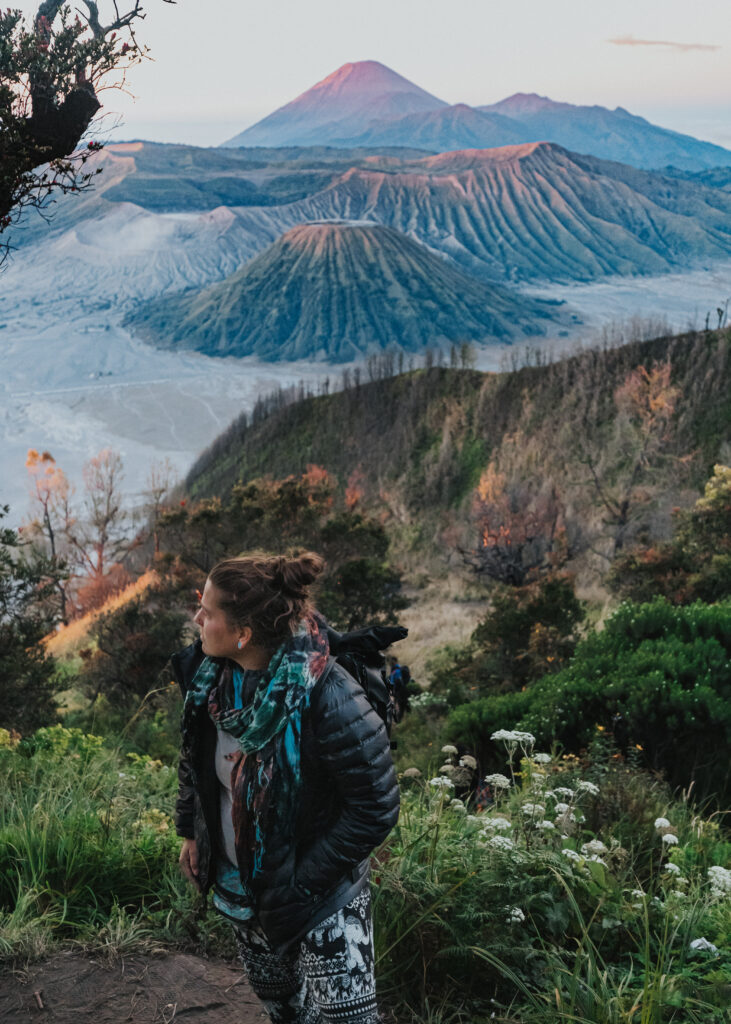
REDUCE, REUSE, RECYCLE
Avoid plastic water bottles: bring refillable bottlers, a water purifier, water pack, etc.
You will generally need 1-2 cups per hour for hiking, but this can vary dependent on the difficulty of the hike
Bring reusable bags for waste: there is always a chance of waste (batteries, tags from clothing, food waste, etc.)
It is always good to be prepared and bring an extra bag for waste you see while hiking.
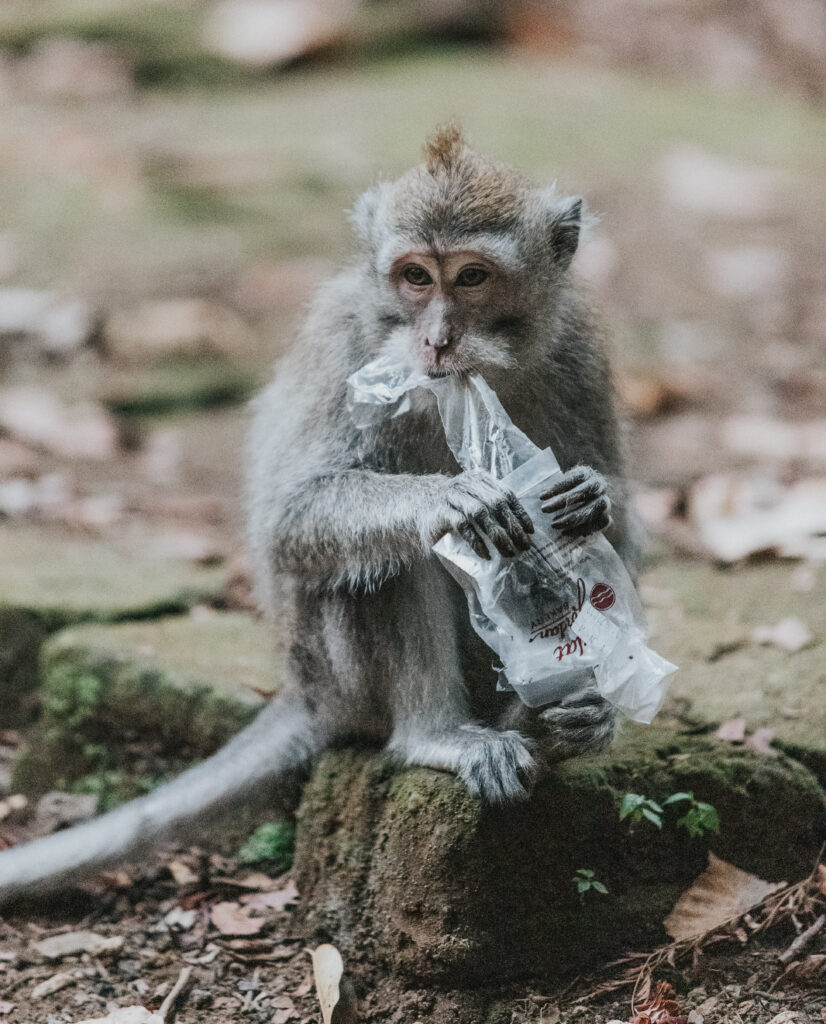
CAMPING
Don’t wash hands OR dishes in streams. Instead, collect water and carry it far away from the source. Camp on existing sites when possible. If not possible, then camp on durable surfaces (rock, gravel, pine duff – something that can withstand the pressure you are placing on it). Pack it in, pack it out. Leave a location better than you found it.
Set up camp sites at least 200ft away from rivers or streams is generally recommended.
COASTAL ENVIRONMENTS
One of the most popular activities in coastal regions is diving and snorkeling. Sunscreen can have an affect on the reefs by allowing coral viruses to infect the coral. This can cause the coral to turn bleached white. According to the National Park service, 90 % of diving takes place in only 10% of the worlds reefs and 4,000 to 6,000 tons of sunscreen enters reefs annually. The sunscreen does not dilute and disperse into the ocean, but congregates on the reefs. To limit use of sunscreen, you can wear a wet suit or long sleeves. You can also buy sunscreen that is “reef” safe, following plenty of research.
Stay off of beach grasses.
Keep your fires and other lighting low during turtle hatchling seasons.
Travel and camp on durable surfaces.
Pick up any waste you see, if you are able.
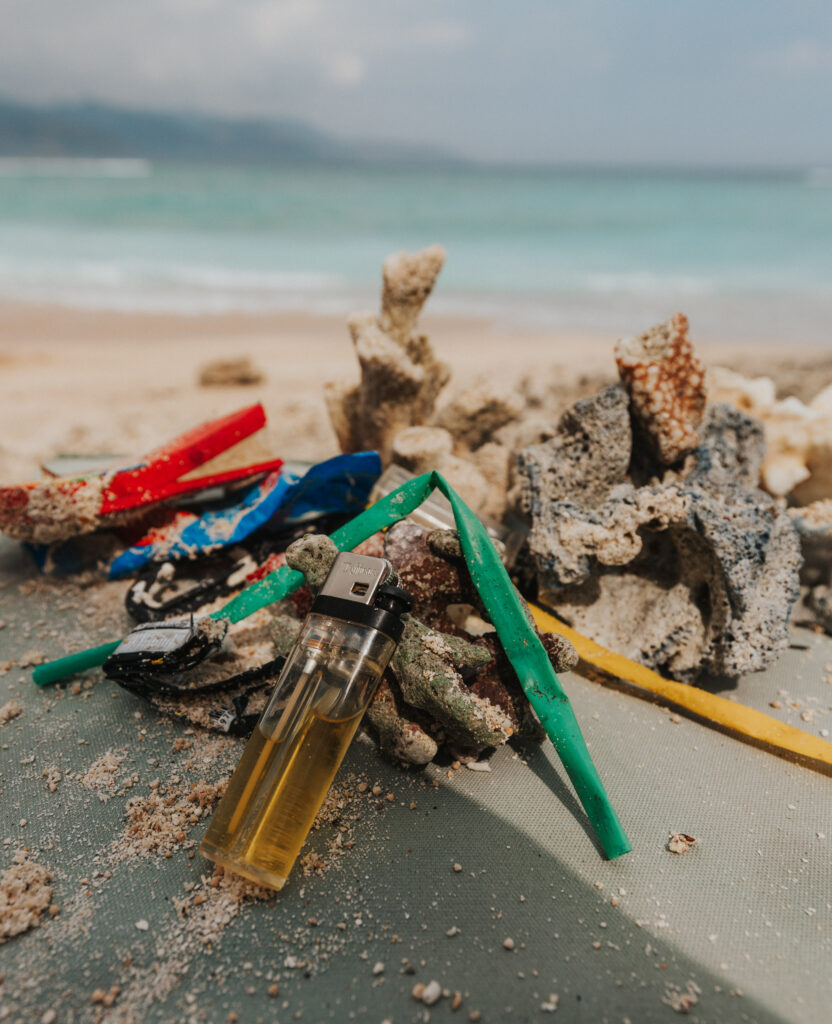
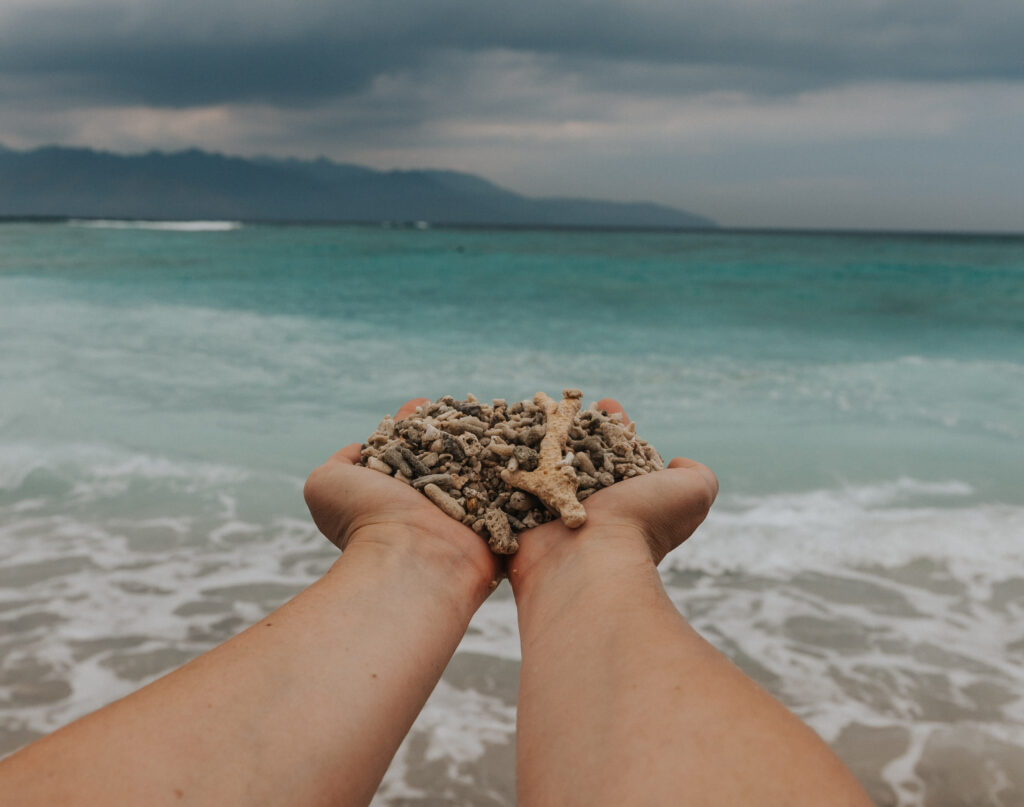
PETS
Keep your pets on a leash. This is required most places and it is not for distrust of your animal. Your animal could be very well trained and behaved but you will most always see another animal, whether it be pet or wildlife. While your animal might be well behaved it is better to plan and prepare for potential responses of other animals or your pets’ response.
FOLLOW SIGNS/RECOMMENDATIONS
Fire: do not burn items such as plastics, tins, food waste, etc., burn wood to the ashes, smother fire completely, use a fire ring, avoid areas with vegetation, do not burn during a fire ban
DO NOT feed the wildlife: this is for your protection and theirs. A lot of our processed foods are not even beneficial for our own bodies, much less theirs. Even healthy foods could be harmful to them, without the proper research on which animals are allowed to eat what. Feeding animals could also attract them to that area which could result in harms to both humans and animals alike.
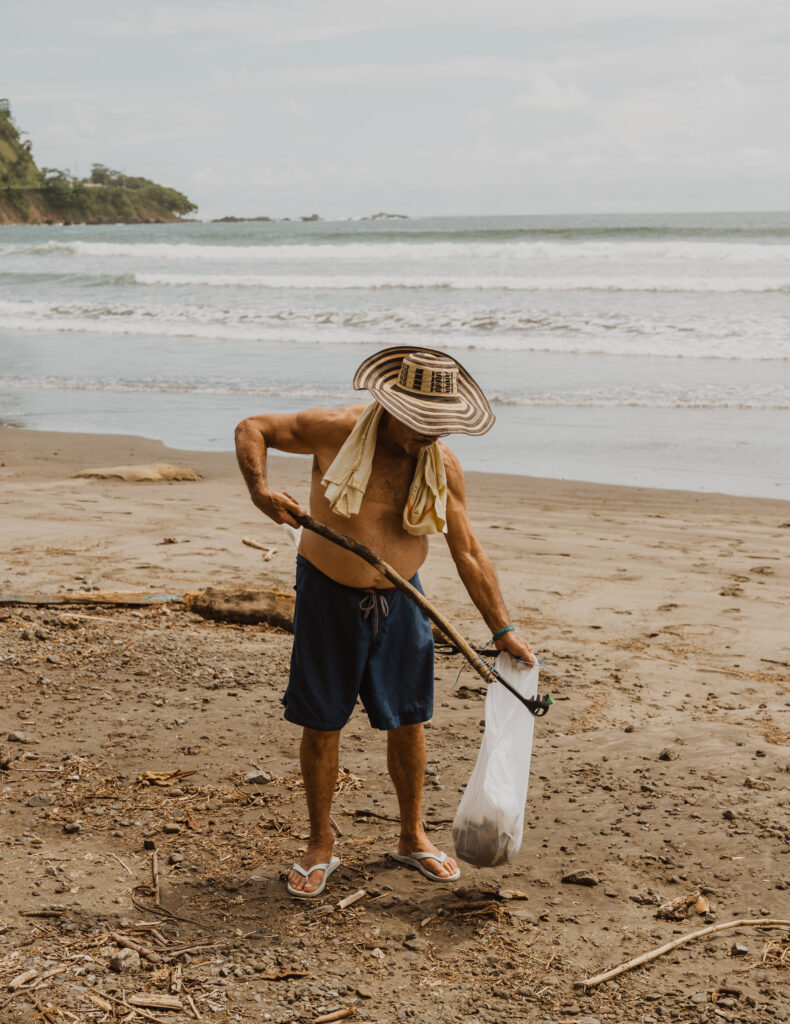
For more information please visit: https://lnt.org/
